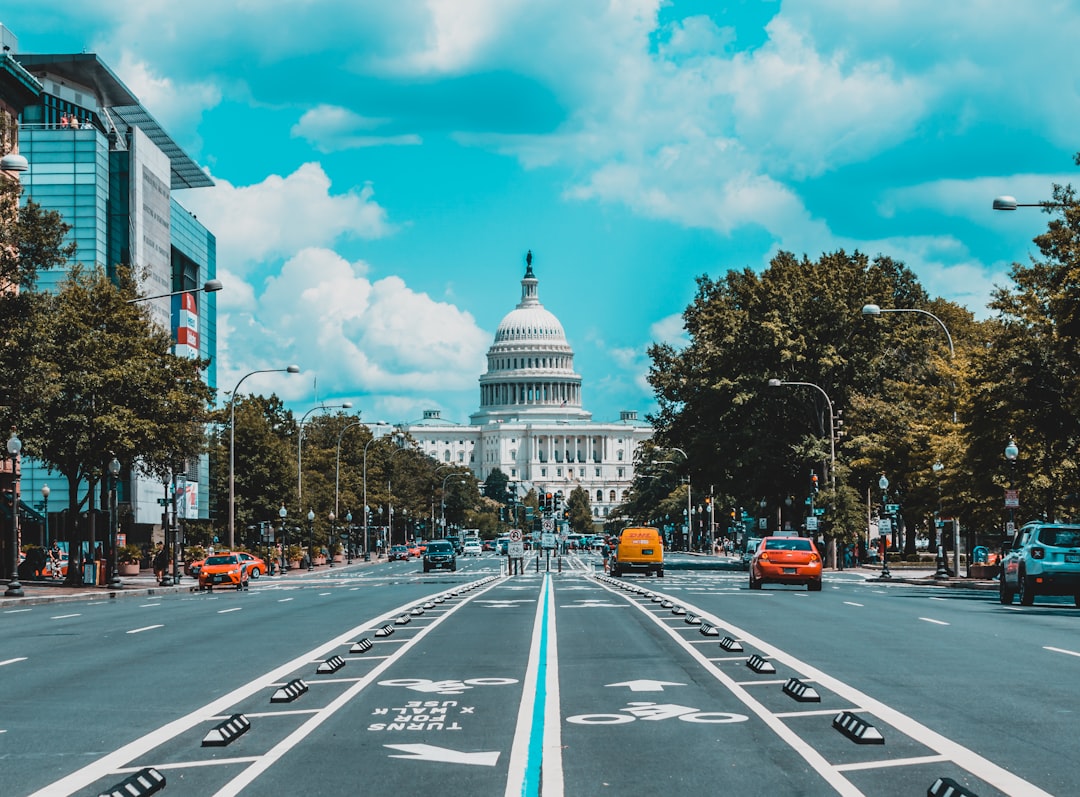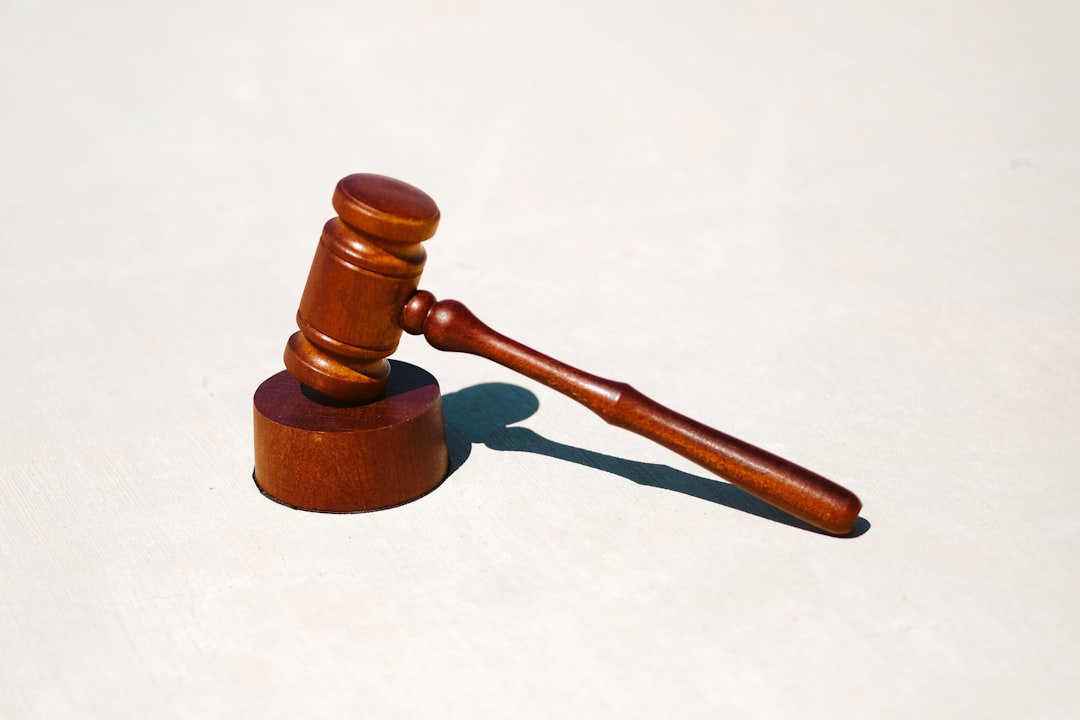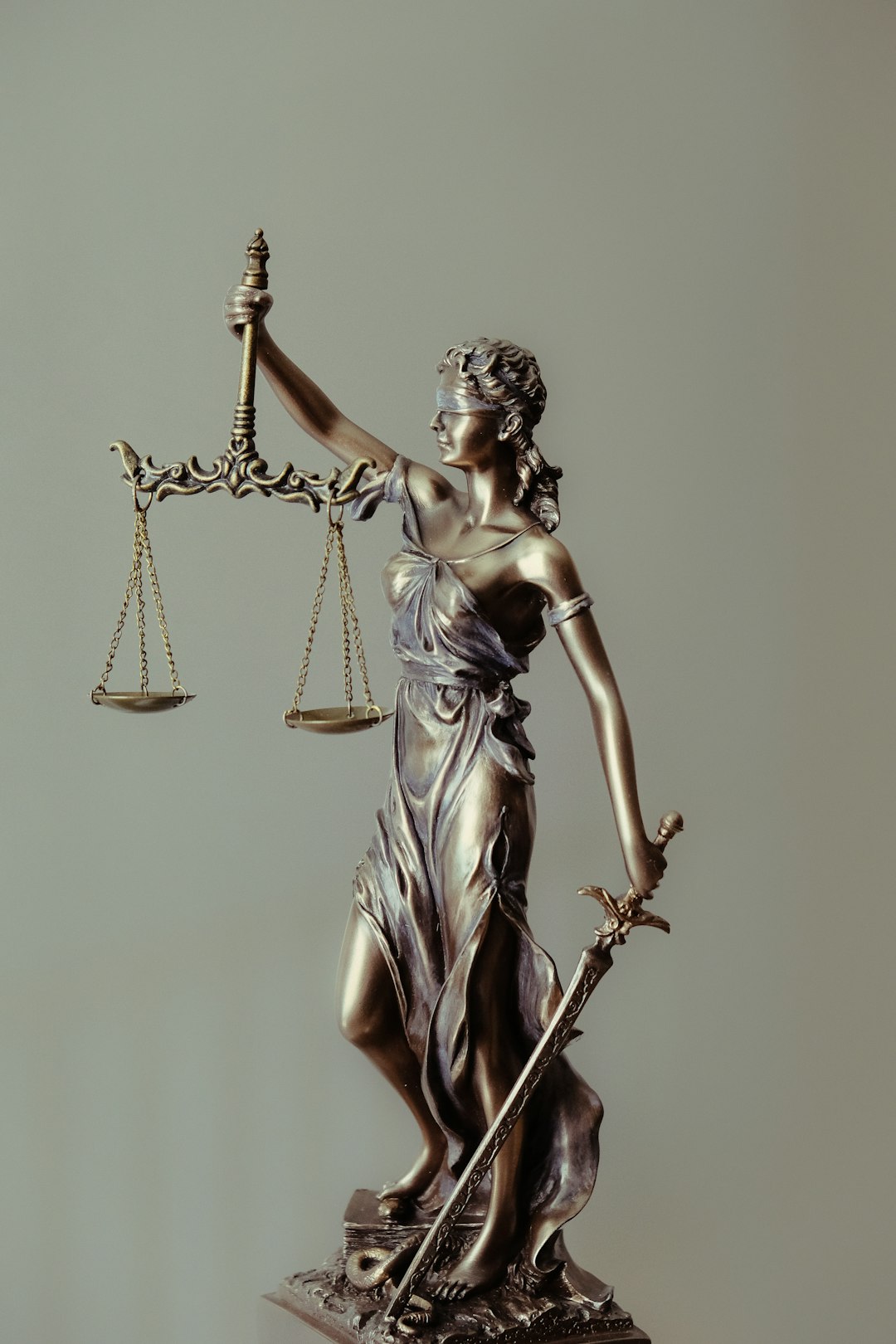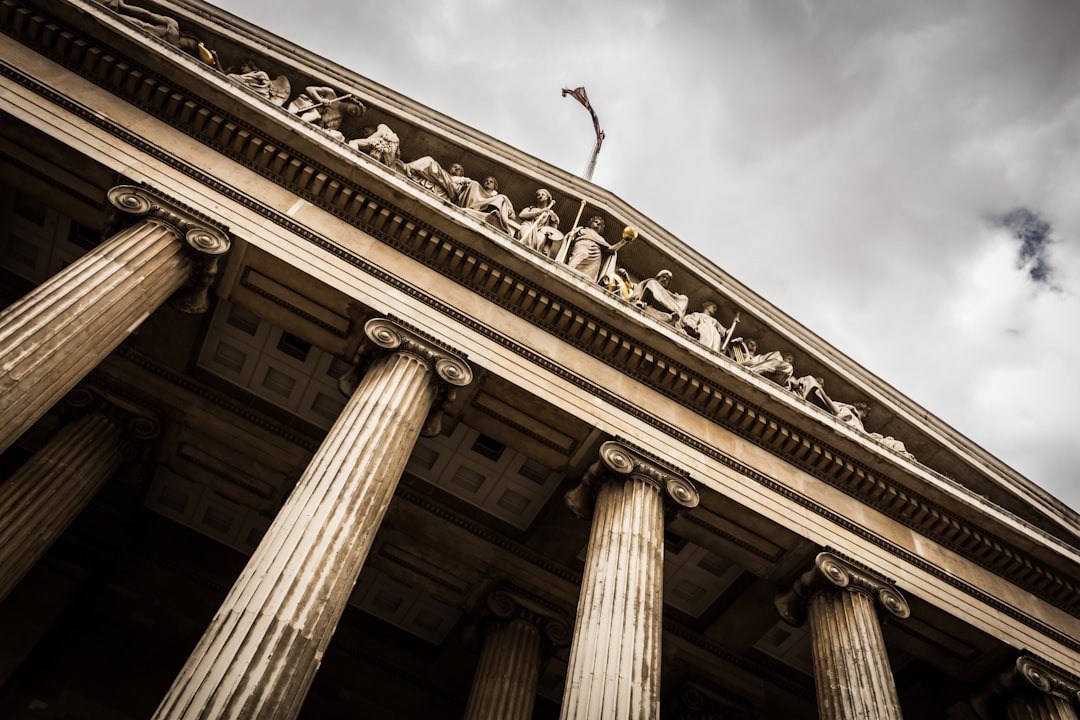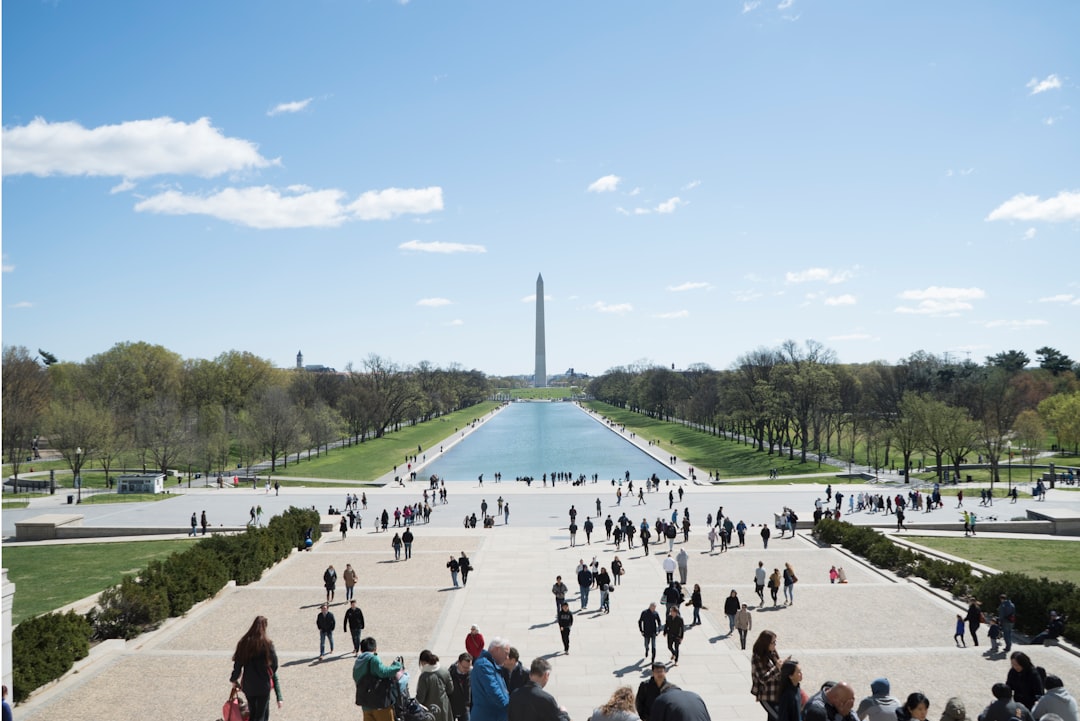In Yakima, Washington, rape trials demand expert legal counsel due to complex forensic evidence and witness testimonies. Skilled rape lawyers navigate the unique legal landscape by understanding intricate laws, preparing meticulous challenges against DNA analysis, bloodstain patterns, and imaging, ensuring fair representation for defendants. They exploit vulnerabilities in evidence reliability through rigorous cross-examination, aiming to protect clients' rights and achieve favorable outcomes against serious rape charges.
In Yakima, Washington, rape trials hinge on forensic evidence, yet challenges abound. This article delves into the intricate legal landscape, focusing on how forensic science is applied and its vulnerabilities. We explore the role of a rape lawyer in navigating complex Washington state laws, discussing strategies to challenge or strengthen evidence. Understanding these dynamics is crucial for ensuring justice in Yakima’s rape trials, where the interpretation of forensic data can significantly impact outcomes.
Understanding Yakima's Legal Landscape: A Rape Trial Perspective
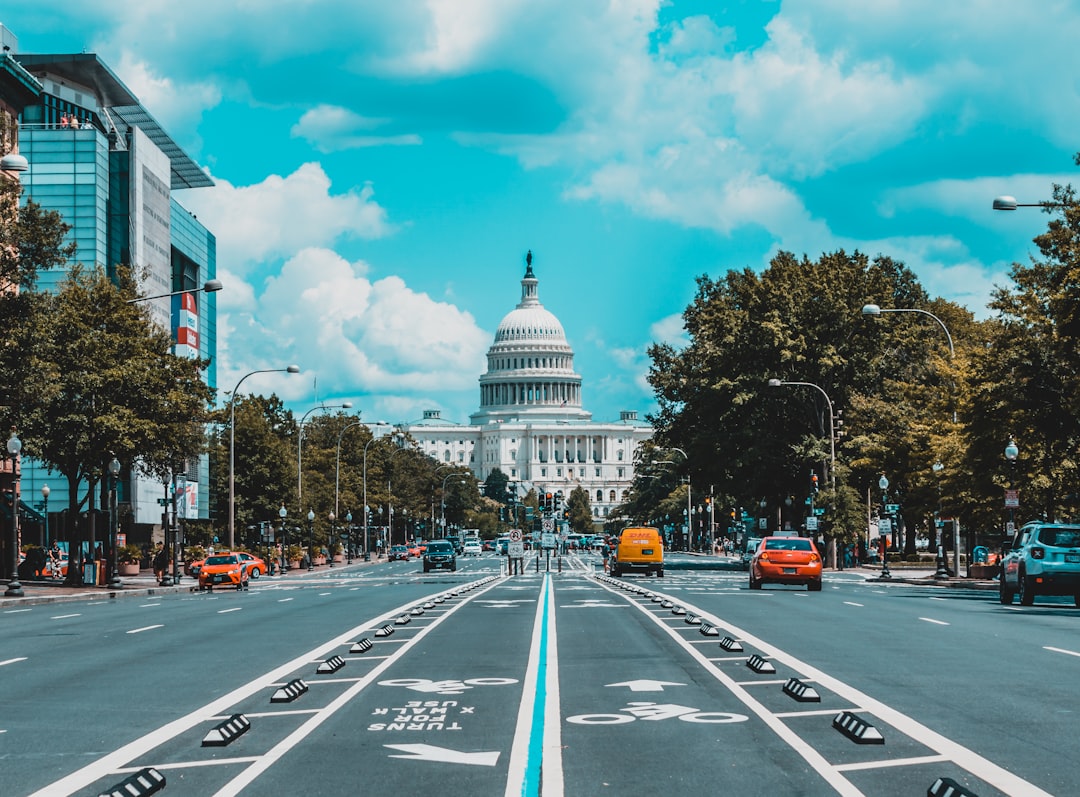
Yakima, Washington, like many cities across the nation, has its own unique legal landscape when it comes to rape trials. Understanding this landscape is crucial for both victims seeking justice and defendants facing charges. The complexity of such cases often relies heavily on forensic evidence, which can be challenging to interpret and use effectively in court.
In Yakima, rape lawyers play a pivotal role in navigating these complex waters. They must possess a deep understanding of local laws, evidentiary rules, and the procedures specific to rape trials. With the help of expert witnesses and meticulous case preparation, these lawyers ensure their clients receive fair representation. This includes challenging or verifying forensic evidence, such as DNA analysis, to build or disrupt a prosecution’s case, ultimately emphasizing the importance of competent legal counsel for anyone involved in a rape trial.
The Role of Forensic Evidence: Challenges and Vulnerabilities
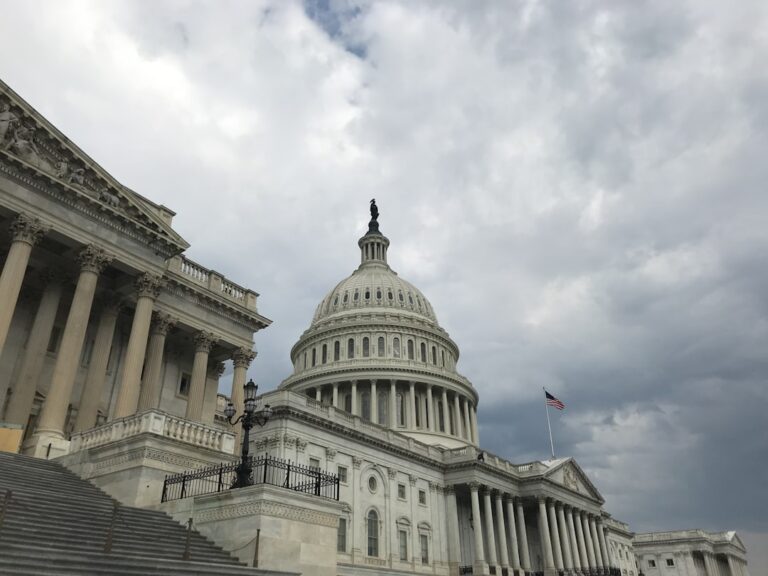
Forensic evidence plays a pivotal role in rape trials, offering crucial insights and objective data to help establish the truth. In Yakima, Washington, as in many jurisdictions, this includes physical evidence like DNA samples, bloodstain patterns, and forensic imaging. These tools can provide irrefutable links between a suspect and the crime scene, helping rape lawyers build or dismantle cases.
However, despite its power, forensic evidence is not infallible. Various factors can challenge its reliability, from degradation over time to potential contamination during collection or analysis. Intense cross-examination by skilled rape lawyers in Yakima can expose these vulnerabilities, forcing prosecutors to strengthen their cases or reconsider their strategies. Understanding and leveraging these challenges is a key tactic for defense attorneys, aiming to ensure justice and protect the rights of their clients in rape trials.
Strategies for Defense: Navigating Complexities in Washington Rape Trials
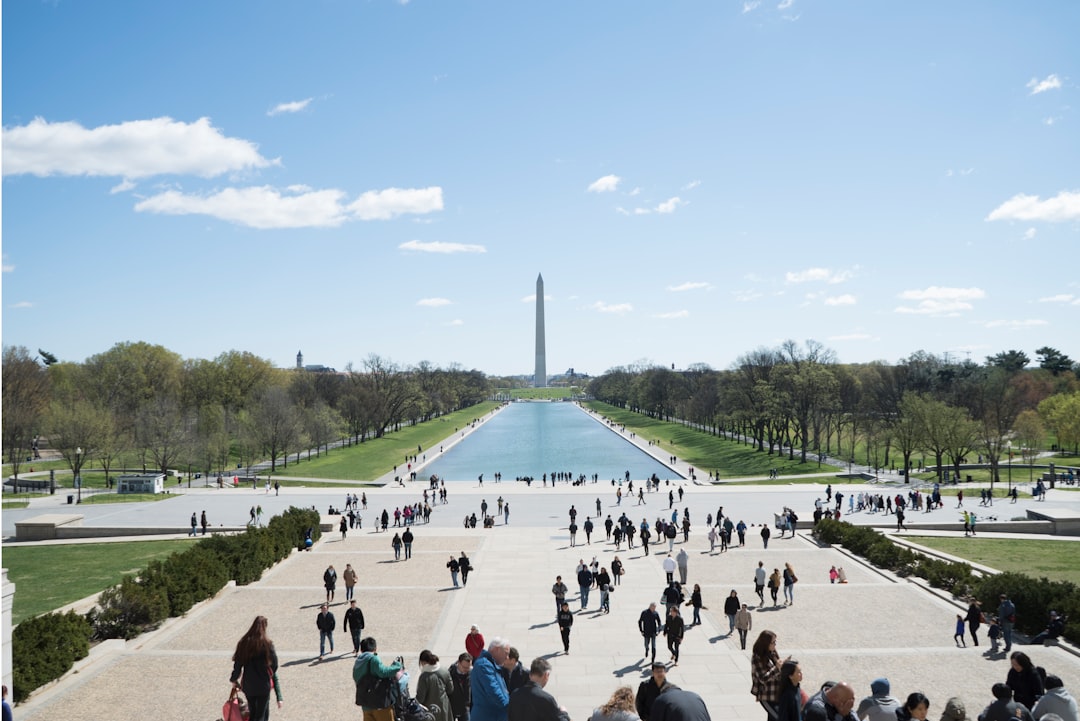
In Yakima, Washington rape trials, defense strategies often navigate a complex landscape where challenging forensic evidence is paramount. Skilled rape lawyers in Washington employ various tactics to undermine the prosecution’s case. They scrutinize the collection and handling of physical evidence, questioning its integrity and potential contamination. For instance, experts can examine DNA samples for any procedural errors or cross-contamination, casting doubt on their reliability.
Furthermore, these attorneys challenge witness testimonies, including those from medical professionals and law enforcement officers. They may point out inconsistencies, suggest leading questions, or present alternative interpretations of the evidence. By doing so, they aim to create reasonable doubt in the minds of jurors, a crucial element in Washington rape trials. Effective cross-examination strategies are key to achieving favorable outcomes for defendants facing these serious charges.
